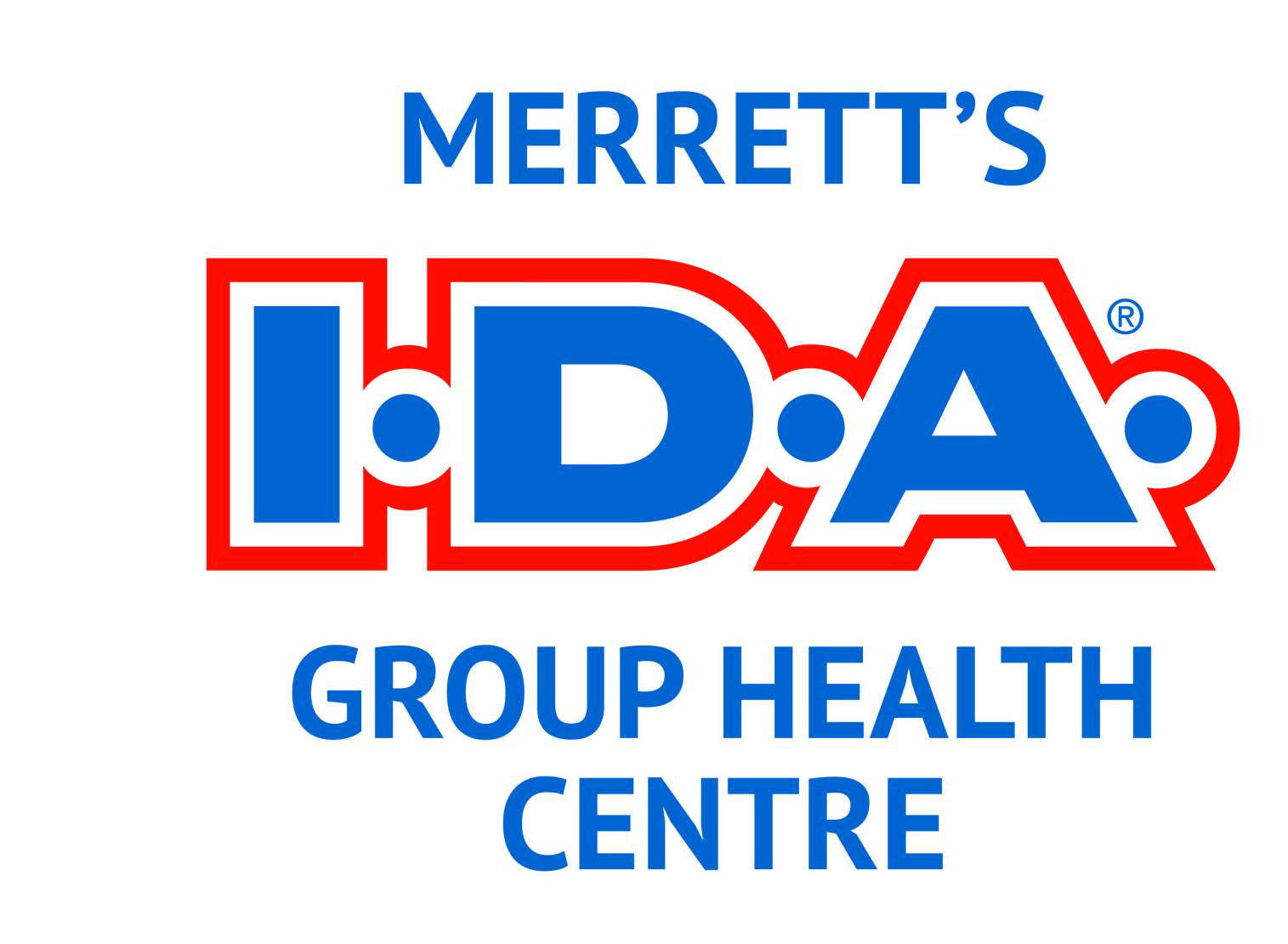Taking Medication Correctly
TIPS TO TAKE MEDICATION CORRECTLY AND GET THE MOST OUT OF YOUR TREATMENT
- TAKING THE RIGHT DOSE…
It is important to take the correct dose of medication by following what your healthcare professional has instructed, or what is indicated on the label for non-prescription drugs. For children, it’s important to know the child’s weight, because dosages are usually determined based on weight, rather than age.
In some cases, the doctor may have planned for a gradual increase of the dose. Your pharmacist will give you specific instructions as to how to proceed. It’s important to follow the prescribed rate of increase, because it’s usually designed to ensure that you can tolerate the medication.
You should never change a dosage yourself. If you aren’t getting sufficient relief, don’t take more of the medication without speaking to a healthcare professional, because you may already be taking the maximum dose and may be exposing yourself to toxic effects. Consult your pharmacist, who may suggest ways to improve your condition or may get in touch with your doctor to discuss a treatment adjustment.
If you’re experiencing any side effects, your pharmacist can help you find a solution. Don’t decrease the dose or stop the treatment on your own.
- …AT THE RIGHT TIME
When and how often you take your medication also impact its effectiveness. Some medication must be taken more than once a day. If you skip a dose or wait too long between doses, you may not get the full benefits of the treatment.
The pharmacy label on your prescription provides information on when and how to take it, such as “at breakfast and supper” and any additional instructions like “on an empty stomach” or “avoid alcohol.” It’s important to follow these instructions, to maximize the benefits of the medication and to prevent side effects.
If the directions provided aren’t convenient for you, speak to your pharmacist. It may be possible to make changes. If that isn’t possible, your pharmacist can make other suggestions.
Anyone can forget to take their medication once in a while. One way to avoid missing a dose is to associate taking your medication with an everyday task, such as brushing your teeth. This will help make taking your medication a habit. If you forget to take a dose, ask your pharmacist what to do. Don’t just assume that the next dose should be doubled. There are also smartphone apps that can remind you to take your meds.
- …AND FOR THE FULL DURATION OF THE TREATMENT
It is essential that you continue taking your medication for the full duration of your treatment so that you achieve a cure or maintain control over your disease. Some types of medication, such as antibiotics, are only used for a short length of time. However, if you stop them too soon, your infection can come back, which means you’ll need another course of treatment.
Medication to treat a chronic disease such as diabetes or rheumatoid arthritis, must be taken long-term, sometimes even for life. The goal of these treatments is to control symptoms and reduce the risk of complications, such as a heart attack. If you stop taking the medication as soon as you feel better, the disease will start to progress again.
Before stopping any treatments, talk to your pharmacist so he or she can make recommendations that suits your needs.
- PROBLEMS? YOUR PHARMACIST HAS SOLUTIONS
If you need to take different medication at different times of the day, a pill organizer can help you remember to take your medications and reduce your risk of missing a dose. Your pharmacy may offer a unique pill packing solution. Your pharmacy team can even help organize medications to be refilled on the same day to help you or your loved one to get all the medications on time. This service often helps to remind everyone to take medications correctly.
If a member of your family has difficulty swallowing a medication or refuses to take it due to a bad taste, your pharmacist can also offer solutions.
Some devices such as asthma inhalers and insulin pens require hand-eye coordination. If you’re having problems using your device, you may not be getting the correct dose. Speak to your pharmacist, who can help you correct your technique or find an equally effective alternative that will be easier to use.
- CONCLUSION
Never hesitate to consult your pharmacist when you have questions or problems with your medication. Even if it appears unimportant to you, it could have a significant impact on your treatment and your health.
